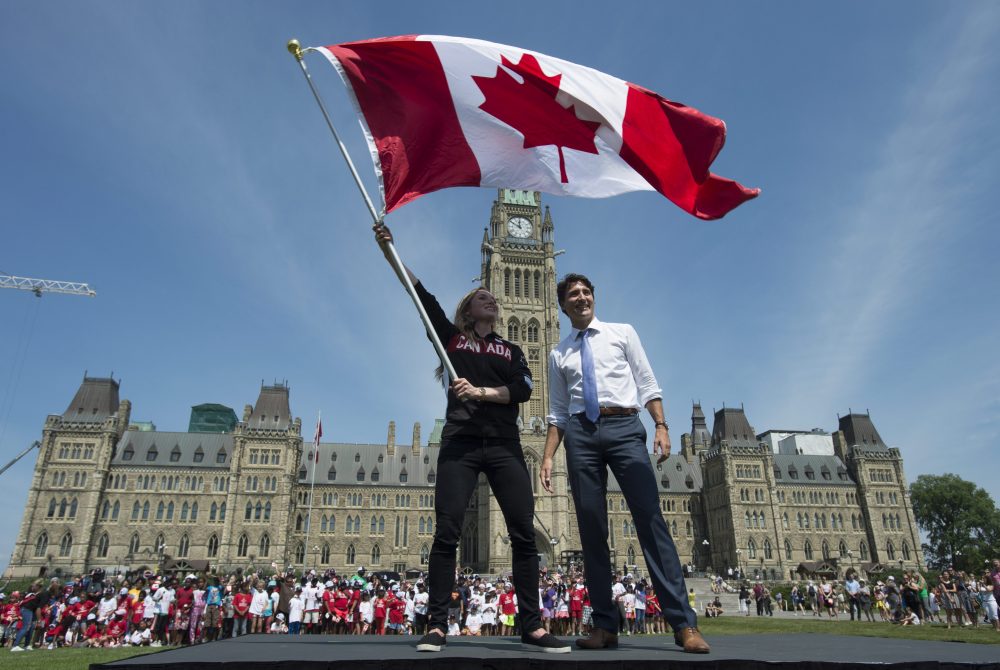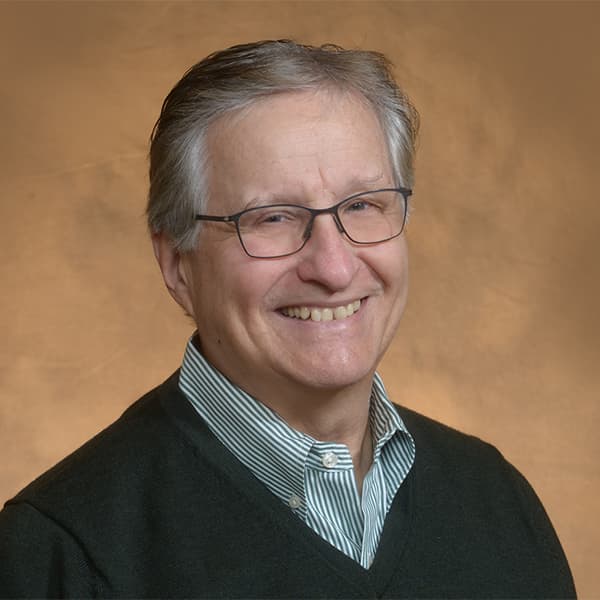Advertisement
O Canada. Things To Know For Those Thinking Of Moving There Post-Election

COMMENTARY
Now that the Electoral College has officially made Donald Trump president, you may be thinking seriously about heading north to live in Canada. Here are some things to consider.
It’s safer. Canadians are pretty much just like us, except they’re not armed. In fact you’re 63 percent less likely to be murdered in Canada than here. All of Canada had about 600 murders in 2015; Chicago alone has had more than 700 this year.
Geography lesson. Parts of our neighbor up North are actually south of the U.S. For example, Toronto is south of Minneapolis. The capital of Canada is not Toronto or Montreal; it’s Ottawa. Canada is a member of the British Commonwealth and Canadians treat the Queen of England and the royal family with more than People magazine-type curiosity.
All things Canadian. Canadian bacon in Canada is called “Peameal” bacon. Canada Dry was originally created in 1890 by a Canadian chemist, John McLaughlin. He could’ve called it McLaughlin Dry, I suppose. Milk is sold in bags. No one seems to know why. It just is.
Bring your bucks. The Canadian dollar is currently worth about 75 cents in our currency.
Their national anthem makes sense: No references to "the ramparts we watched were so gallantly streaming."
O Canada!
Our home and native land!
True patriot love in all thy sons command.
With glowing hearts we see thee rise,
The True North strong and free!
From far and wide,
O Canada, we stand on guard for thee.
God keep our land glorious and free!
O Canada, we stand on guard for thee.
O Canada, we stand on guard for thee.
Canada welcomes foreigners. Last year Canada ranked first among all Western countries in the number of Syrians it has resettled. Since the start of the Syria conflict Canada has welcomed 248 percent of its fair share of vulnerable refugees. Resettling Syrian refugees was the centerpiece of Justin Trudeau's successful campaign for prime minister. You don’t need a passport to enter or leave Canada; proof of residence will do.
Poutine & double double. Originated in Québec, poutine is made with French fries and cheese curds topped with a light brown gravy. A “double-double” is slang for two teaspoons of sugar and two of cream at the omnipresent Tim Hortons, a coffee and donuts chain now owned by Burger King.
Our national symbol is the above-it-all bald eagle, which we nearly hunted and poisoned to extinction. Theirs is the ever-industrious and plentiful beaver.
Not all hockey players are Canadian. Just under 50 percent of professional hockey players are Canadian, a huge drop-off from 82 percent in 1980; players from Europe, the U.S. and Russia have invaded the rinks.
Canadian football games are played with 12 players per side, the field is 10 yards wider than ours, and their end zones are twice as deep. Former Boston College Heisman Award-winning quarterback Doug Flutie was considered too small for U.S. football; in Canada he was named Most Outstanding Player six times. He played in four Grey Cups (Super Bowls), winning three. Canada's sports TV network named him the greatest football player of all time.
Canadians like curling, a competition where kettle-shaped “stones” are launched along the ice by the skipper and helped by sweepers with brooms as the stone reaches the target, which is similar to shuffleboard. Like shuffleboard, it’s deadly boring to watch.
Metrics. They buy gas by the liter (or litre), not gallon, their roads signs display speed limits in kilometers, their highways are patrolled by Provincial Police. Yes, they do still have Royal Canadian Mounted Police, or Mounties, as in "Dudley Do-Right."
Famous Canadians besides Dudley include "Saturday Night Live’s" Lorne Michaels, architect Frank Gehry, media guru Marshall McLuhan, economist John Kenneth Galbraith, The New Yorker’s Adam Gopnik, “Ghostbusters” and “Animal House” producer/director Ivan Reitman, writer/poet/essayist/environmental activist Margaret Atwood, "Jeopardy!" host Alex Trebek, basketball creator James Naismith (true), singers Nelly Furtado, Sarah McLachlan and Justin Bieber; Hall of Fame pitcher Ferguson Jenkins, who was with the Red Sox in 1977; boxer Lennox Lewis, the late Morley Safer of "60 Minutes," as well as a host of actors such as Dan Aykroyd, Jim Carrey, Michael J. Fox, Mike Myers, Ellen Page, Anna Paquin, Christopher Plummer, William Shatner and father and son actors Donald and Kiefer Sutherland.
From Trump to Russia. Trump’s name was prominently displayed on a 65-story hotel and office tower, the tallest of its kind in Canada. Its lavish interior, with luxury niceties for dogs, wasn’t enough to save it from bankruptcy four years after it opened. A few months ago, the building in default was put in control of a Russian-born billionaire, who got rich in Ukraine’s steel industry.
Prime Minister Justin Trudeau vehemently defended Canada's free press, saying he would consider stricter safeguards after it was revealed that police spied on at least eight journalists. Montreal and Québec provincial police were found to have monitored the communications and movements of reporters with several news organizations.
Go west. Most Americans on the East Coast and Midwest know the provinces of Québec and Ontario, but four western provinces of Alberta, British Columbia, Manitoba and Saskatchewan have cities with sizable populations. Vancouver is the third-largest city in Canada with a population of 2.3 million, Calgary has 1.2 million, Edmonton 1.15 million, and Winnipeg 730,000.
How cold is Canada? It depends. How warm or cold is the U.S.? Depends on where you are. British Columbia is the warmest. Eastern Canada tends to get a lot of snow in winter. But it can get very hot in the summer. Toronto has extremes: lots of snow in winter, sweltering humidity in summer.
Canada smokes. It’s easy in Canada to buy cigarettes from around the world. Also, it’s legal to possess, smoke or grow marijuana for medical purposes. Recreational use of pot will be legal in 2017. In the U.S., possessing a joint remains a federal crime.
Canada and the United States are said to share the world's longest undefended border. With Trump in the White House, that could change if he’s on Twitter.
